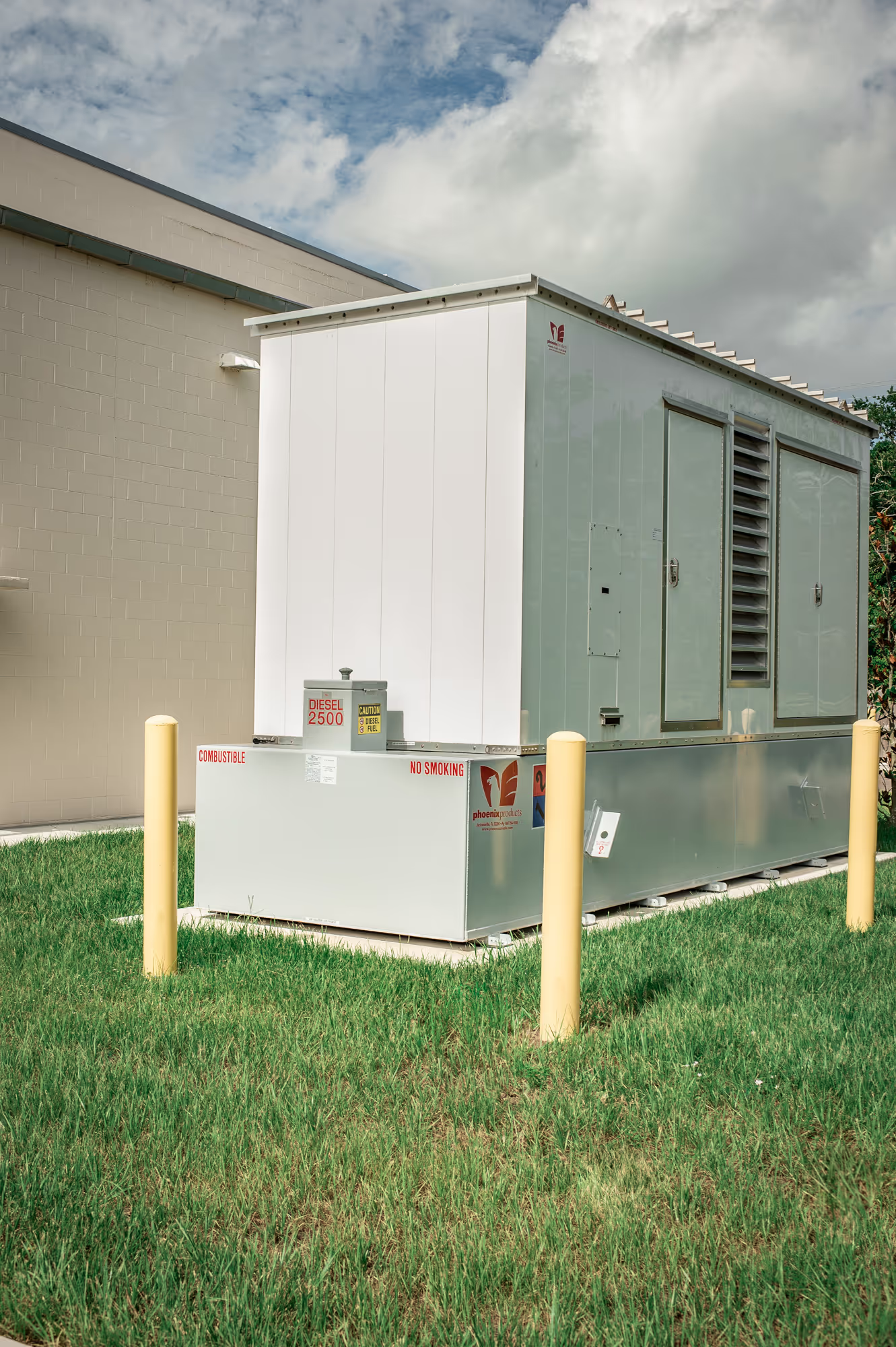Is Fuel Tank Cleaning Necessary?
Save Your Money!

Fuel storage tanks, unless coated on the insides, contain microscopic pores on the tanks inner surface. These pores contain bacteria and moisture from condensation as well as the fuel itself. Pressure cleaning the tanks inner surface may dislodge some bacteria or maybe all bacteria. However, within a few days the bacteria will be back inside the tank. As the fuel tank breathes from hot and cool atmosphere the airborne bacteria will enter the tank to join the bacteria within the fuel. The microscopic pores fill with moisture from condensation and become the perfect residence for the bacteria. The answer is clean fuel to less than 2 MICRONS! The filtration must be smaller than the bacteria.
The pressure cleaning effort has been in vain.
Fortunately, the bacteria within the tank pores do not cause much of a problem. On the other hand, Bacteria in tank bottom water will form filter clogging clusters as they continue to grow in the water rich environment.
SOLUTION: Remove particulate matter and most importantly all tank bottom water. Without water the bacteria will die.
Fuel Additives… Solvents… Catalysts… Liquid Tank Cleaners. Use Caution Before Diluting Fuel With Chemicals That Might Harm Engines!
A large number of aftermarket additive products are available to meet real or perceived needs. Some are aggressively marketed with testimonials and bold performance claims that seem “too good to be true. ”Some so called “catalysts” actually contain xylene a solvent used in paint thinner and wood preservatives.
There is no easy way to dissolve sludge and clean a fuel tank. Some additives may effect the operation of your engine.
Always read the ”Material Safety Data Sheets (MSDSs)” before using any additive or catalyst. Ask “Is this good for my engine? Additives should always be used in accordance with the recommendations of the engine manufacturer. As with any purchase, it is wise to remember the advice, caveat emptor, “let the buyer beware. ”It may be helpful to regard additives as medicine for fuel. Like medicine, they should be prescribed by an expert who has made an effort to get test results from a fuel sample sent to an independent laboratory to diagnose the problem, as well as the underlying causes. Sometimes, indiscriminate use of additives can do more harm than good because of unexpected interactions.












